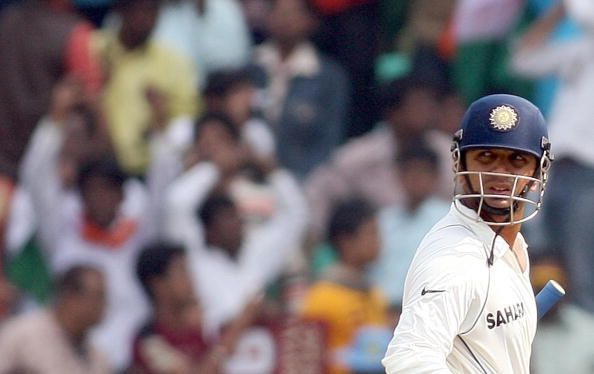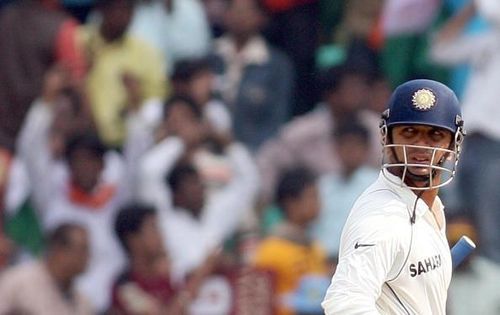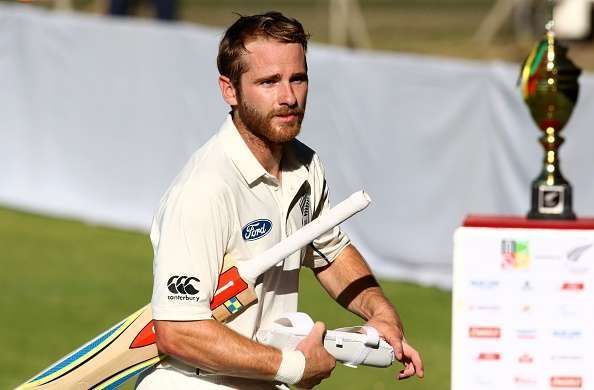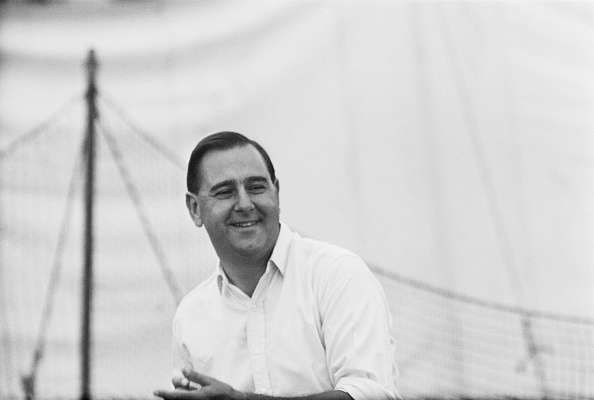
Where did the Gentleman in "Gentleman's game" go?

Professional sport and gentlemanly conduct
No doubt, these are dark times for men’s cricket. There is little doubt that it will not emerge unscathed from these, but if it emerges stronger, everyone, the fans, the players and the administrators, will be the happier for it. The events of the last three weeks, which have culminated in a team’s latest brush with ball-tampering and the consequent backlash, however, pose a question. Where did the gentleman in the gentleman’s game go?
He has never been there in the first place, one would think if writings of some past cricketers are to be believed. Nor should he, others tend to think, for gentlemanly conduct is an amateur’s affair, and has no place in the increasingly ruthless world of professional sport. These opinions might reflect the general state of things but are still skewed in that they sell the gentleman-professional of the past considerably short and fail to acknowledge the possibility that there could be, among the professional cricketers of today, those who put the gentleman back into the gentleman's game.
Gentleman cricketer: Myth or reality?
So, is he a mythological figure, the gentleman cricketer, or has he become one? One needs to look no further than the New Zealand teams of the past and those of the present to answer both questions in the negative. Kane Williamson, the leader of the latter, who recently made a record 18th century by a Kiwi batsman in Tests, is someone who plays the game hard but fair, a clichéd but good working definition of a gentleman cricketer. Here’s a batsman whose record compares favourably with the best in the game (at least in ODIs and Tests), but who does not, even though New Zealand cricketers do not get much press on the best days, see the need to spout unnecessary sound bytes about himself, his team, his opponents, or their relatives. Here’s a batsman whose fluency and efficiency are not undermined by the economy of his considered speech or straight bat. In this world of flashy things and fervid noises, cricketers like Williamson might be a bore; but, a game which is desperately struggling to save its face should see them as ambassadors of all things excellent and gentlemanly about it.

The point is, lest it should be forgotten, not about a Williamson or, if we cast our minds back to earlier times, about a Daniel Vettori, a Rahul Dravid, a Gundappa Viswanath, or a Colin Cowdrey. It is rather about the ability, increasingly dwindling it seems, of a few extraordinary sportspersons to remain persons, and not to cross the line, drawn by popular opinion, and become stars. In many ways, such sportspersons are like good wicketkeepers: their work is quietly respected by those who are familiar with it, their mistakes painfully dissected by those are not, but their personality remains unaffected by externalities.

They are constant in the face of advantage and adversity, unflappable against the barbs of criticism and the storms of provocation, and modest in meeting praise and consolation. They play to win, like the best usually do, but do not play around to win, for (their) sport, with all its traditions, conventions, rules and convoluted niceties, means so much more to them than the transient stampede of victories and defeats. They may be found in any sport, as in other walks of life, and the fact that there are not more of them is indeed a sobering fact. This does not make them obsolete, however; conversely, it makes them more relevant and important than ever.
They are, in a word, gentlemen and they still have a place in the great game of cricket with which many of our lives are hopelessly entwined.